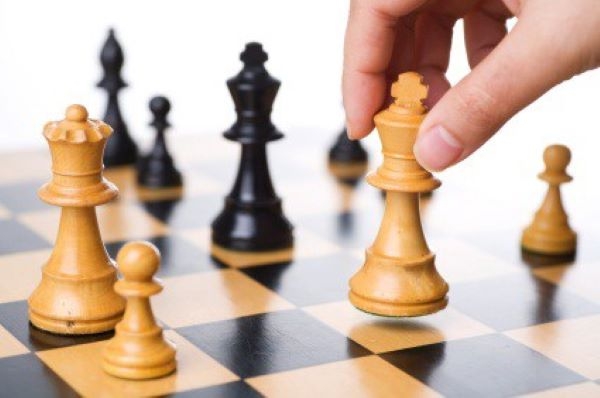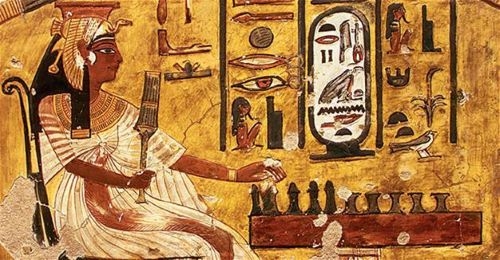India Celebrates International Chess Day with 64 Grandmasters!
Total Views |
New Delhi, July 20: Today is the ‘International Chess Day’! It’s a special day for India as Chess is one of the precious gifts of India to the world. Just two days ago, Indian chess got its 64th Grandmaster, a very symbolic day as the chess board is made up of 64 squares. In 1980s, a genius named Vishwanathan Anand arrived on the chess scene and changed the landscape of Indian chess forever! Anand became a Grandmaster in 1987 and 32 years later Prithu Gupta from Delhi became the 64th Grandmaster!

‘Chaturanga’ in India:
The origin of today’s standardized chess is found in ‘Chaturanga’ – a strategy game played in India in the medieval era. Although the origin of chaturanga has been a puzzle for centuries, Chaturanga is first known from the Gupta Empire in India around the 6th century AD.

The Sanskrit word ‘Chaturang’ literally means ‘having four limbs or parts’ and in epic poetry often means ‘army’. Historians believe that the name comes from a battle formation mentioned in the Indian epic Mahabharata, referring to four divisions of an army, namely elephantry, chariotry, cavalry and infantry. These forms are represented by the pieces that would evolve into the modern pawn, knight, bishop, and rook, respectively. An ancient battle formation, akshauhini, is like the setup of chaturanga. Chaturanga was played on an 8×8 uncheckered board, called ashtāpada.
In the 7th century, Chaturanga was adopted as Chatrang (shatranj) in Sassanid Persia, which in turn was the form of chess brought to late-medieval Europe. Modern chess itself is called Shatranj in Arabic, and the bishop is called the elephant. According to historians, from India, the game spread to Persia. When the Arabs conquered Persia, chess was taken up by the Muslim world and subsequently spread to Southern Europe. In Europe, chess evolved into roughly its current form in the 15th century.
Chess in Modern Era:
The first modern chess tournament was held in London in 1851. The first World Chess Championship was held in 1886. The 20th century saw great leaps forward in chess theory and the establishment of the World Chess Federation (FIDE). Developments in the 21st century include use of computers for analysis, which originated in the 1970s with the first programmed chess games on the market. Online gaming appeared in the mid-1990s.
A 2012 survey found that chess players now make up one of the largest communities in the world: 605 million adults play chess regularly. Chess is played at least once a year by 12% of British people, 15% of Americans, 23% of Germans, 43% of Russians, and 70% of Indian people. International Chess Day is celebrated by the World Chess Federation (FIDE) since 1966 to commemorate the date of FIDE establishment on the 20th July 1924 in Paris.
Importance of Chess:
Chess is one of the most respected games across almost all modern human cultures. it’s a game of pure human mental ability. It’s a way to measure and compare cognitive abilities across people and cultures. Chess, though doesn’t require any physical skill, is a brain-sharpener game. It teaches us the consequences of action. It teaches us how to recover when any move goes wrong. Chess nourishes concentration and decision-making and develops problem-solving skill with ‘keeping calm’.
It’s a classic game for improving strategic thinking and patience. Also, chess is a game that hasn’t (to this date) been “solved.” Games like Tic-Tac-Toe are easily solved and someone who knows what they are doing can easily force a win or a draw. Chess isn’t like that. In every single chess game, there are impossibly many possibilities of positions that can arise, making it on of the most unique games in the world!